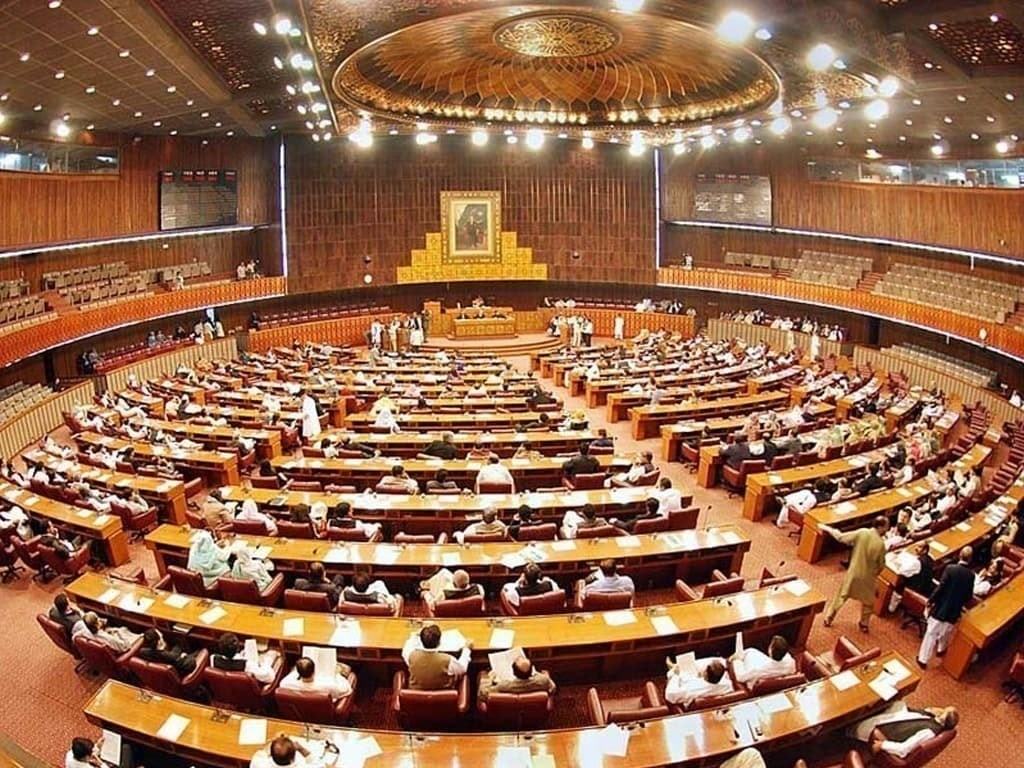PTBP Web Desk
political landscape, an Anti-Terrorism Court (ATC) in Rawalpindi on Thursday decided to place Imran Khan, the founder of Pakistan Tehreek-e-Insaf (PTI), under a five-day physical remand concerning the September 28 vandalism case.
This legal action comes shortly after Imran Khan was granted bail in another high-profile case, underscoring the complex web of legal challenges facing the former prime minister.
Judge Amjad Ali Shah presided over the hearing directly in Adiala Jail, where Imran Khan is currently housed. This unusual setting for judicial proceedings reflects the sensitivity and security concerns surrounding Khan’s case.
The prosecution, represented by Zaheer Shah, advocated for the remand, arguing the necessity of interrogation to further the investigation. On the other side, Imran Khan’s legal team mounted a defense against the remand, highlighting potential legal and procedural issues.
Following the legal arguments, the court sided with the prosecution, granting a five-day physical remand. This decision means that Imran Khan will remain in police custody within the premises of Adiala Jail for interrogation purposes.
The case in question stems from events on September 28, where vandalism reportedly occurred. The police have linked Khan to this incident, leading to his arrest under case number 2831, registered at the New Town police station in Rawalpindi.
Legal Context: This arrest and subsequent remand occur in a backdrop where Imran Khan has been embroiled in numerous legal battles since his ouster from the premiership in April 2022. The charges against him range from corruption to terrorism, reflecting the tumultuous political environment in Pakistan.
Just a day prior to this remand, Khan secured bail from the Islamabad High Court (IHC) in the new Toshakhana case, which involves allegations of selling state gifts improperly. The bail was approved against the provision of two surety bonds of Rs1 million each, a testament to the continuous legal maneuvering surrounding Khan’s situation.
The immediate implication for Khan is the continuation of his interrogation concerning the vandalism case. The police aim to extract detailed information or possibly gather more evidence during this custody period.
For PTI and its supporters, this move could be seen as an attempt to further sideline Khan politically. His supporters argue that these cases are politically motivated to keep him out of the political arena.
The arrest and remand of a high-profile political figure like Khan often result in significant public discourse and international scrutiny, focusing on the judicial process’s fairness and the state of political freedoms in Pakistan.
Khan’s legal woes are far from over. This remand might just be another chapter in a series of legal confrontations that could impact his political career significantly.
With Khan in custody, PTI might face challenges in organizing its political activities, yet it could also galvanize its base against what they perceive as judicial persecution.
The government’s handling of such cases will be scrutinized for signs of political vendetta or adherence to legal norms, affecting its image both domestically and abroad.




